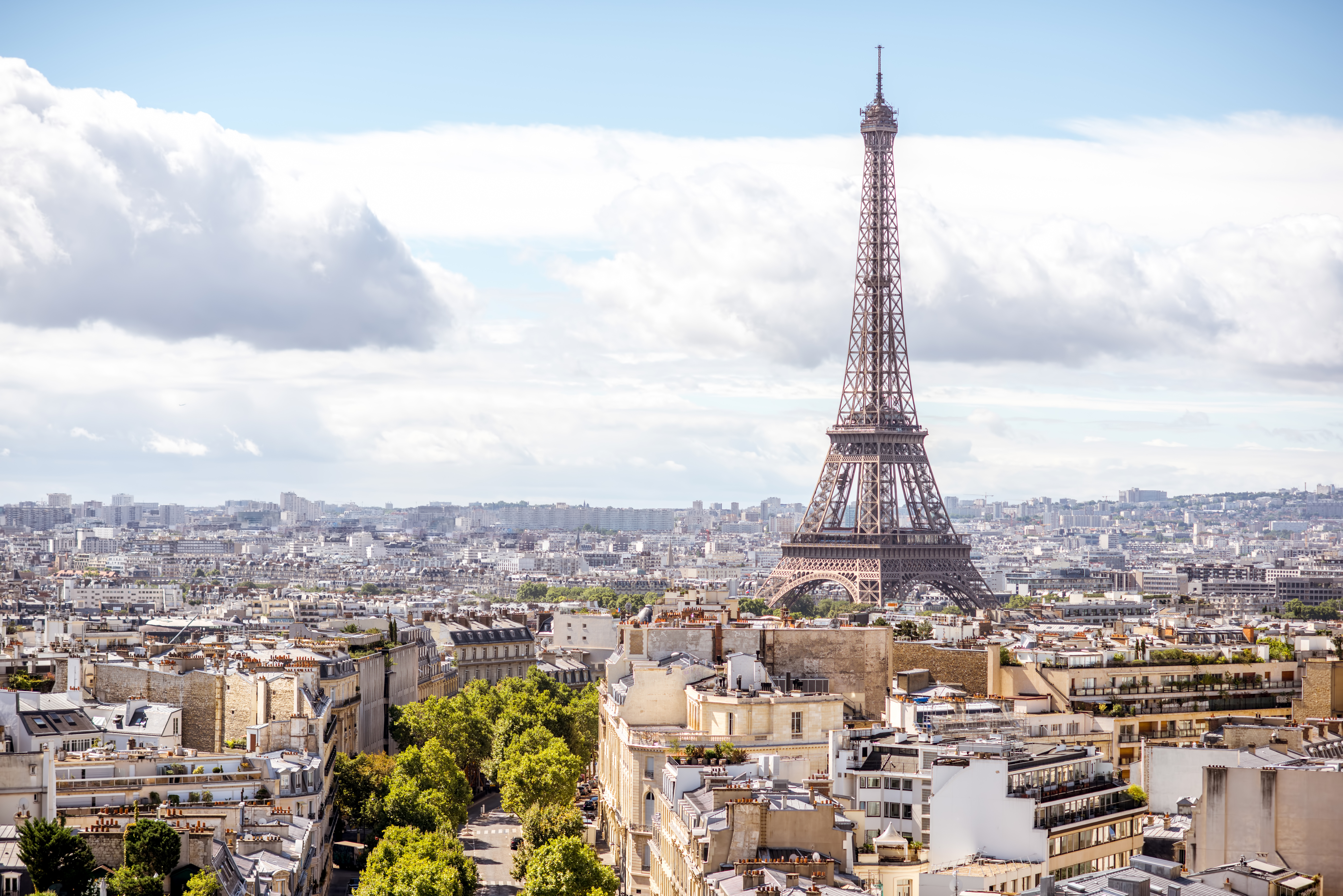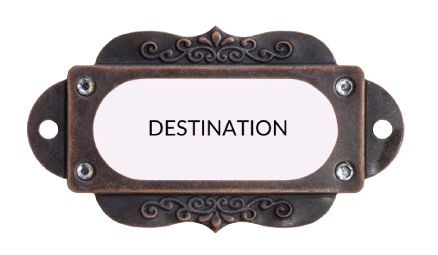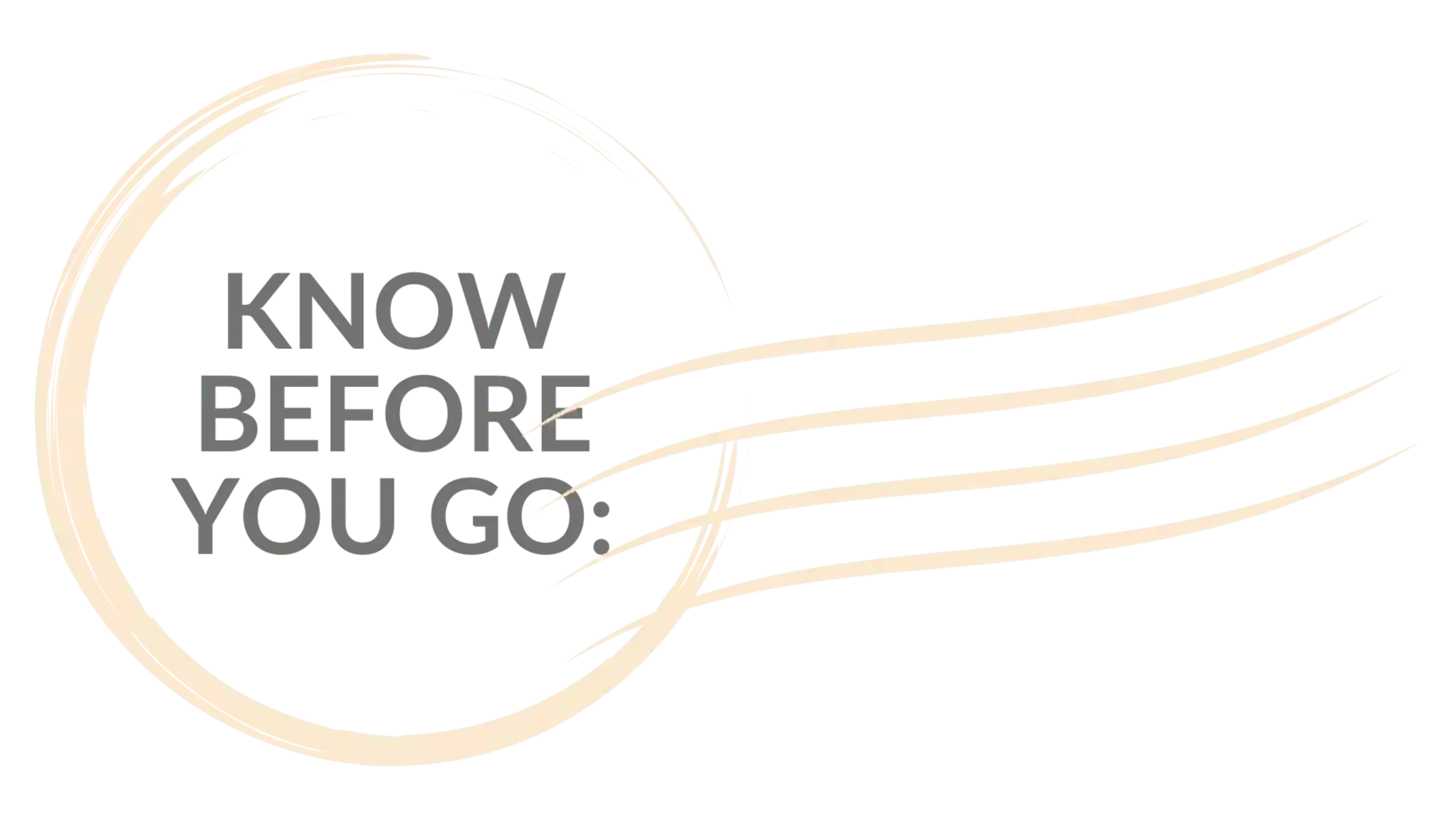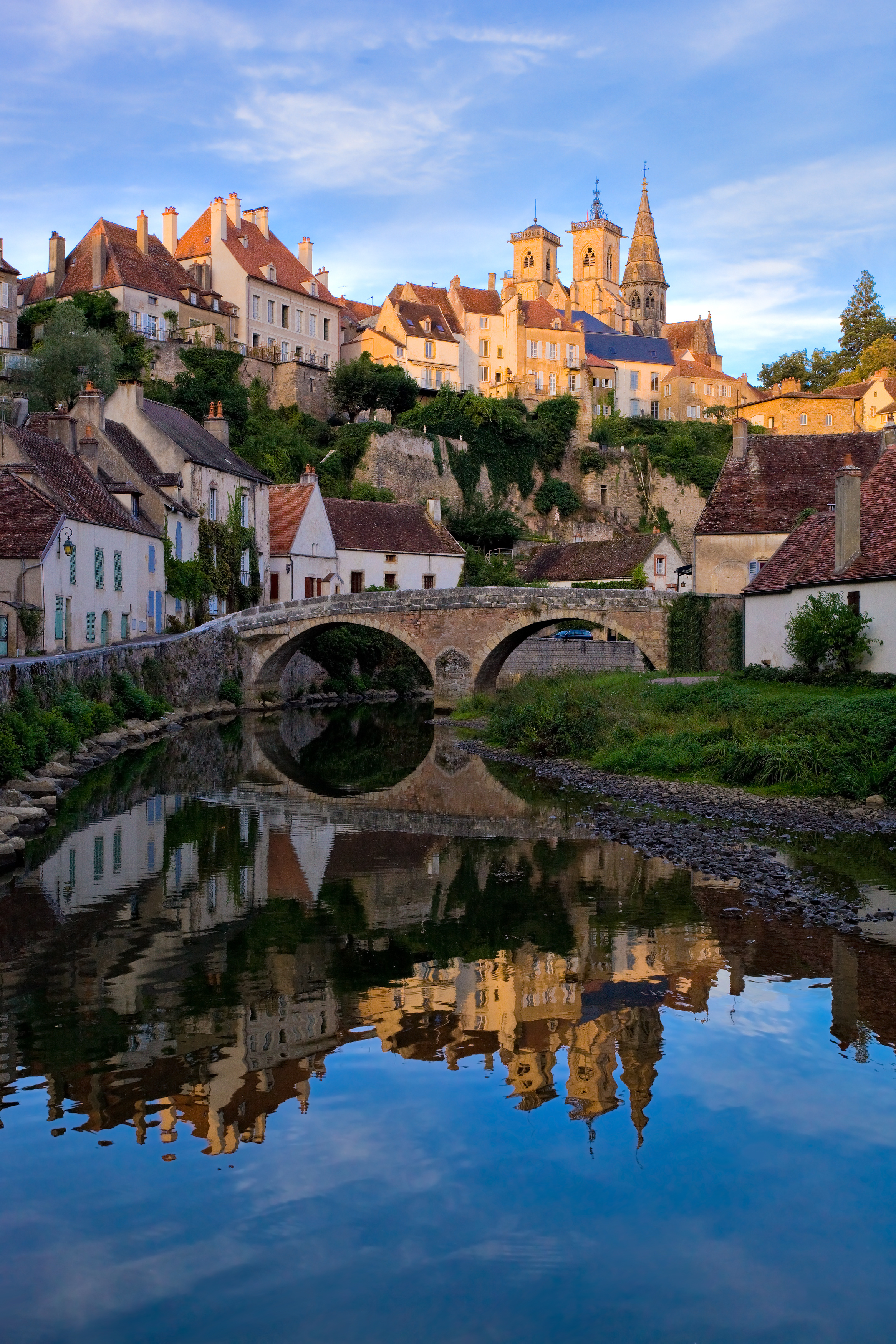

France Travel Guide

My first visit to France was when I was in college visiting a friend who was studying in Paris. One day in Paris and I was in love! France is more than Paris. It is a country of remarkable diversity.
A Geographic Wonderland
Stretching from the North Sea to the Mediterranean, France boasts an incredible range of landscapes. In the north, you can find rugged coastlines shaped by the Atlantic. Central France is home to grand châteaux and exceptional vineyards. Heading south, the snow-capped peaks of the French Alps offer some of the best skiing in the world, while the beaches of the French Riviera evoke scenes many of us dream about!
A Cultural Mosaic
France’s diversity is also evident in its regions, each of which has its own unique cultural identity. In Alsace, you’ll find charming half-timbered houses and a mix of French and German influences, particularly in the cuisine and language. Corsica is an island in the Mediterranean that, presents a blend of Italian and French cultures with its rugged beauty and local traditions. France has something for everyone
A Culinary Adventure
No exploration of France’s diversity would be complete without indulging in its culinary wonders. Each region boasts its own specialties, making food an essential part of any journey. Lyon is the gastronomic capital of France and maybe the world! Try the rich and creamy cheeses of Normandy, the robust cassoulet of Toulouse, or the delicate seafood dishes of the French Riviera. While in Bordeaux, the world-renowned wines speak for themselves. France’s culinary heritage is as varied as its landscapes, offering endless delights for food lovers.
BEST
TIME
TO
visit
The best time to visit France depends on the region you are traveling to and the experience you seek. I enjoy visiting during the “shoulder seasons” in the Spring and Autumn with milder temperatures and fewer crowds. Autum is also a wonderful time to visit the wine regions of Bordeaux and Burgundy as it is harvest time. Summer (July to August) is perfect for beach lovers, though it can be busy and hot in popular areas. Winter is magical for those who love festive Christmas markets or skiing in the French Alps.
France Essential Information
Language: The official language of France is French, but English is widely spoken in tourist areas, hotels, and major attractions. Learning a few basic French phrases can enhance your experience.
Currency: France uses the Euro (€). Credit cards are widely accepted, but it’s always a good idea to carry some cash, especially in small towns or local markets.
Credit Cards & ATMs: Contactless payments and credit cards are commonly accepted in restaurants, shops, and tourist attractions. ATMs are easy to find in cities, but check for transaction fees if using a foreign card.
Plugs & Voltage: Italy uses Type C, F, and L plugs with a 230V/50Hz power supply. A universal adapter with surge protection is recommended for travelers.
Safety: France is generally safe, but pickpocketing is common in cities such as Paris and crowded areas like train stations and tourist hotspots. Keep your belongings secure and be mindful of scams.
Getting Around: France’s high speed train is efficient and a great way to travel between cities. Buses, metros, and taxis are available, while walking is the best way to explore historic centers.






